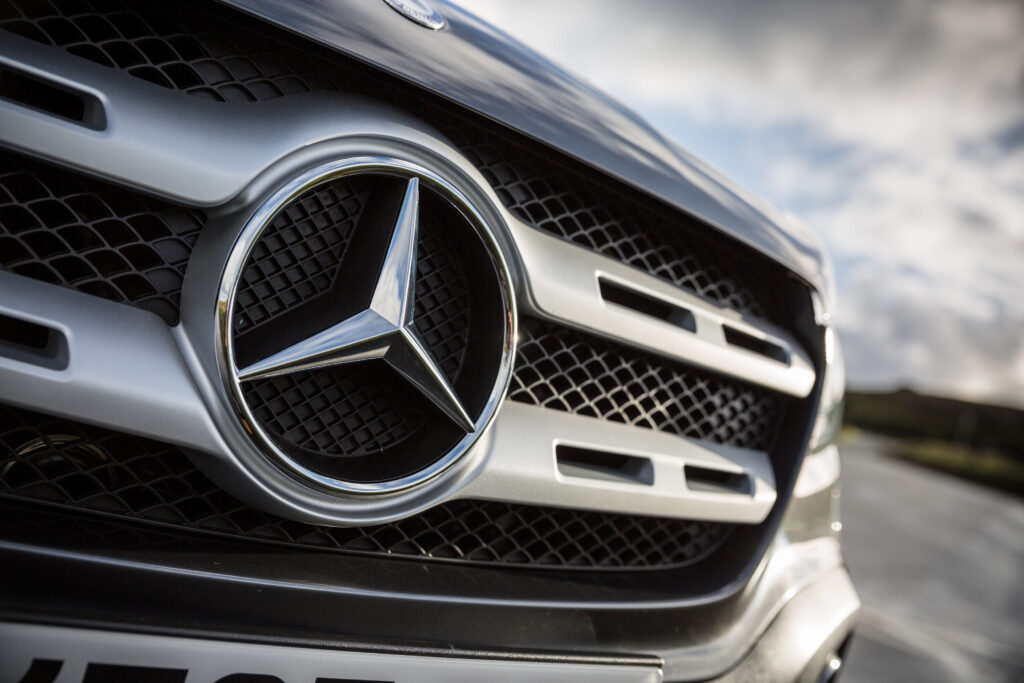GERMANY UNDER FIRE FOR DAIMLER’S ILLEGAL USE OF R134A
- PostedPublished 8 May 2018
THE advocate general of the European Court of Justice (ECJ) has declared that Germany failed to meet legal obligations regarding HFC use in vehicles.
In late 2015, the ECJ’s attention was drawn to the fact that German company Daimler AG had been using R134a in new cars. Under the European Mobile Air Conditioning (MAC) directive, that refrigerant had been banned from use due to its high global warming potential (GWP).
According to the MAC Directive, newly type-approved cars sold since January 2011 must use a refrigerant with a GWP of 150 or less – with most manufacturers adopting R1234yf, which has a GWP of less than one. R134a, for comparison, has a GWP of 1430.

Since January 2011, however, Daimler AG had continued to use R134a in new cars that were otherwise approved for use with R1234yf. Its decision to not use R1234yf was motivated by claimed safety concerns over the refrigerant’s flammability, following tests carried out by the company.
In October 2015, facing pressure due to the ECJ picking up on its continued use of R134a, Daimler about-faced and committed to using R1234yf in the short term – with the aim being to transition its range to R744 (pure carbon dioxide) when possible.
Paolo Mengozzi, the ECJ’s advocate general, stated to the court that German authorities had not checked that Daimler AG was following the MAC Directive. Consequently, it looks likely that the ECJ will move in a few months to settle on a verdict that will result in heavy penalties for Germany.
Mengozzi, in his conclusion to the court, proposed that Germany should: “Pay two-thirds of the costs incurred by the European Commission and two-thirds of its own costs. The Commission will bear one-third of the costs of the Federal Republic of Germany and one-third of its own costs.”
- CategoriesIn SightGlass
- TagsSightGlass News Issue 13

